As pet owners, we always want the best for our furry friends. We carefully choose their food, toys, and even their cage to ensure their well-being. One common question that arises when it comes to hamster diets is whether they can eat cucumbers. These crunchy and refreshing vegetables are a staple in many diets, but are they safe for our beloved hamsters?
In this comprehensive guide, we will dive into the nutritional value of cucumbers for hamsters, potential benefits, how to safely feed them to your hamster, any associated risks, and alternatives to consider. So if you’re wondering about adding cucumber to your hamster’s diet, keep reading to find out more.
>> READ MORE:
- Can Hamsters Eat Strawberries? A Comprehensive Guide to Strawberry Safety for Your Furry Friend
- Can a Bath Kill a Hamster? A Comprehensive Guide to Hamster Bathing
- Can Bunnies Eat Peanut Butter A Comprehensive Guide
- Can Rabbits Eat Hamster Food? A Comprehensive Guide
Nutritional Value of Cucumber for Hamsters
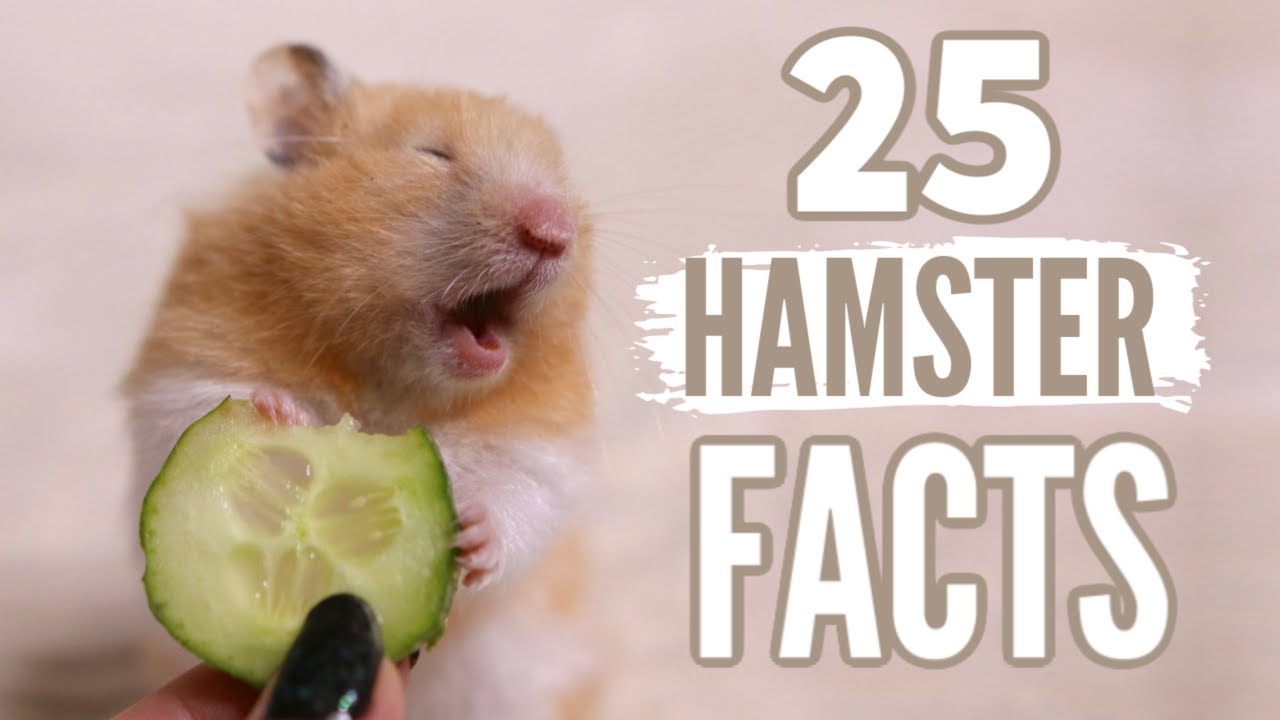
Cucumbers are a popular choice for health-conscious humans as they are low in calories and high in essential nutrients. However, when it comes to hamsters, the nutritional value of cucumbers is not as significant. Let’s take a closer look at the nutritional profile of cucumbers and its relevance to hamsters.
Vitamins
Cucumbers contain essential vitamins, including Vitamin K and C, which are crucial for blood clotting, bone health, and immune function. However, hamsters have different dietary requirements compared to humans, and thus, the benefits of these vitamins may not be as significant for them.
Minerals
Potassium is also found in cucumbers, an electrolyte that plays a vital role in muscle function and regulating blood pressure. However, similar to vitamins, hamsters may not require as much potassium in their diet.
Fiber
Fiber is an essential component of any diet, promoting digestive health and helping regulate blood sugar levels. Cucumbers do contain fiber, but hamsters need a diet high in seeds, grains, and leafy greens to meet their dietary needs. So while cucumbers can contribute to a balanced diet for humans, its fiber content may not be as beneficial for hamsters.
Benefits of Cucumber for Hamsters
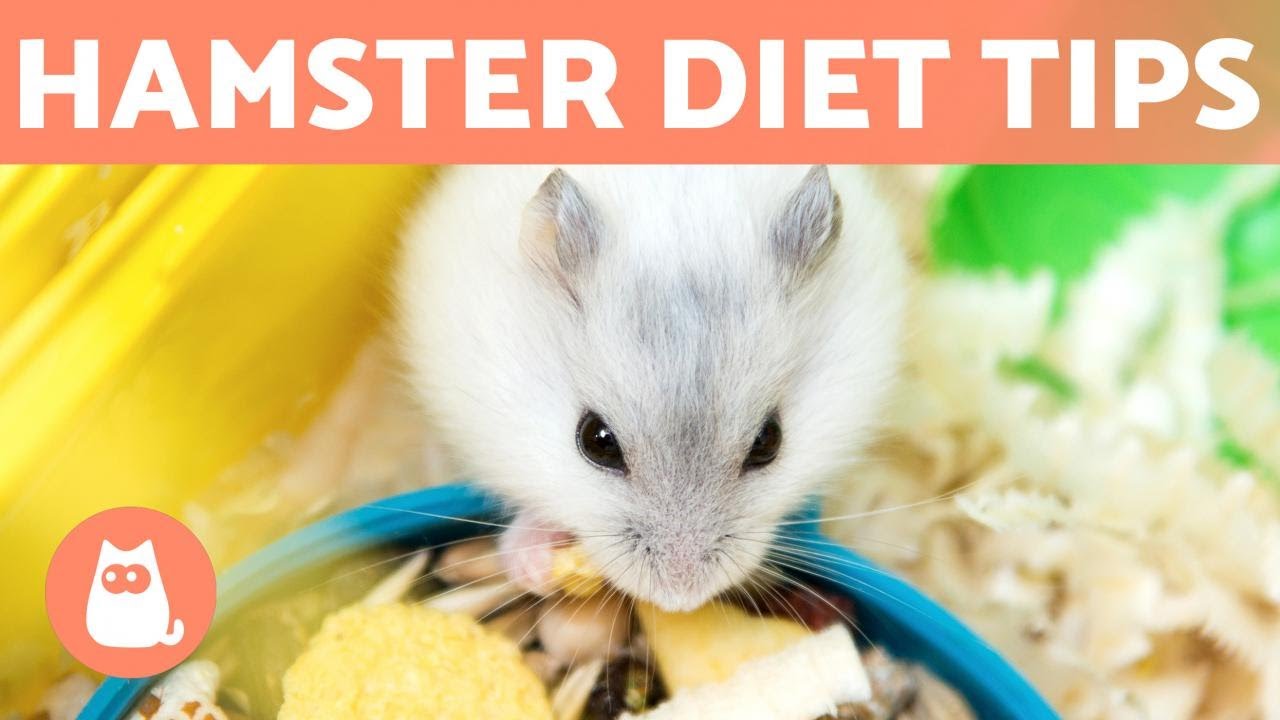
While there is limited scientific evidence on the benefits of cucumber for hamsters, some anecdotal evidence suggests that it can provide some advantages. Here are some potential benefits of feeding cucumbers to your hamster:
Hydration
Cucumbers are primarily composed of water, making them an excellent option for keeping your hamster hydrated. Dehydration can be a severe issue for hamsters, so adding cucumbers to their diet can help prevent this problem.
Variety in Diet
As mentioned earlier, hamsters require a varied and balanced diet to stay healthy. By occasionally incorporating cucumbers into their meals, you can add variety to their diet and ensure they receive different nutrients.
Weight Management
Obesity can be a significant issue for hamsters, leading to various health problems. Cucumbers are a low-calorie snack, making them a great addition to your hamster’s diet if they need to lose weight.
How to Feed Cucumber to Your Hamster Safely
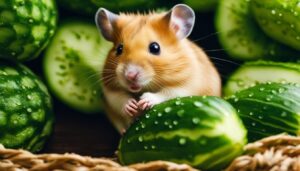
Now that we know the potential benefits of cucumbers for hamsters let’s look at how to safely feed them to your furry friend. Follow these tips to ensure your hamster’s safety and well-being:
- Always wash the cucumbers before feeding them to your hamster to remove any pesticide residue or dirt.
- Cut the cucumbers into small, bite-size pieces for easier consumption.
- Introduce cucumbers gradually into your hamster’s diet and monitor their reaction. If you notice any digestive issues, stop feeding them cucumbers immediately.
- Feed cucumbers as a treat, not as a replacement for their regular diet.
- Only give them fresh cucumbers and avoid feeding them spoiled or rotten ones.
- Remove any uneaten cucumber from their cage to prevent bacterial growth.
Risks of Feeding Cucumber to Hamsters
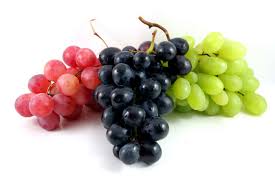
As with any new food, there are potential risks to consider when introducing cucumbers to your hamster’s diet. Here are some potential risks to keep in mind:
Digestive Issues
Cucumbers contain high levels of water and fiber, which can cause digestive issues for hamsters. If your hamster consumes too much cucumber, they may experience diarrhea, bloating, or other gastrointestinal problems.
Pesticide Residue
Cucumbers are often sprayed with pesticides to prevent insect infestations. These chemicals can be harmful to your hamster if they ingest them. Always wash the cucumbers thoroughly before feeding them to your hamster, or consider purchasing organic options.
Choking Hazard
As mentioned earlier, cut the cucumbers into small pieces before feeding them to your hamster. This precaution is crucial as large pieces can be a choking hazard, especially for smaller breeds of hamsters.
Alternatives to Cucumber for Hamster Diets
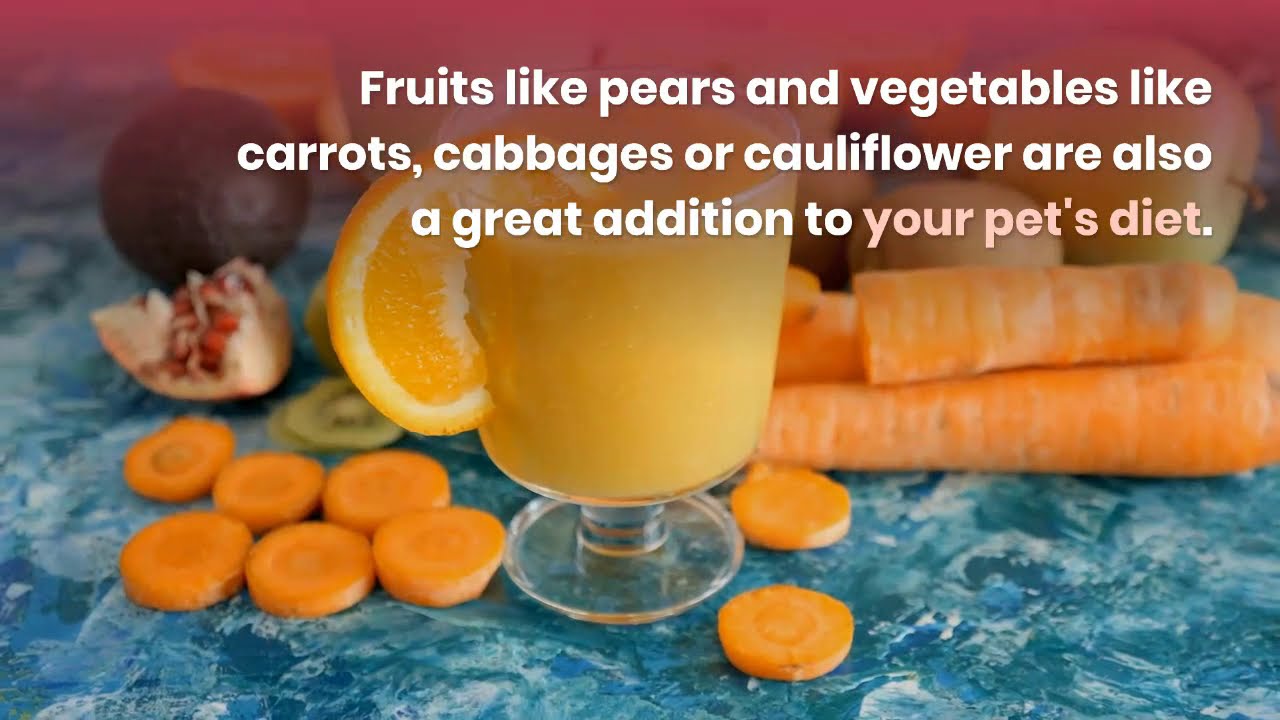
If you’re hesitant about feeding cucumbers to your hamster, here are some alternatives that you can consider adding to their diet:
- Carrots
- Broccoli
- Kale
- Spinach
- Apple slices (without seeds)
- Blueberries
- Pumpkin seeds
It’s essential to research each food before giving it to your hamster to ensure it’s safe and meets their nutritional needs.
Conclusion
In conclusion, while cucumbers are not a necessary part of a hamster’s diet, they can be a safe and nutritious treat if given in moderation. However, always remember to monitor your hamster’s reaction and consult with a veterinarian if you have any concerns. Also, make sure to provide a varied and balanced diet for your hamster to ensure they receive all the essential nutrients they need to stay healthy. With proper care, you can enjoy watching your hamster munch on a refreshing cucumber slice without any worries.

